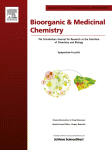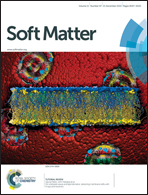 An author has been added to a biochemistry paper following an investigation by the University of Helsinki.
An author has been added to a biochemistry paper following an investigation by the University of Helsinki.
Karen Sabatini, currently a biochemist at the University of San Diego, was erroneously left off the author list of a paper published in 2010 in Soft Matter. She apparently left Helsinki in 2010.
The circumstances may be unclear, but one thing we do know: authorship issues often take down papers entirely. Since this just warranted a correction, the mistake could have just been an oversight, rather than pointing to a larger issue.
Here’s the note for “Formation of lipid/peptide tubules by IAPP and temporin B on supported lipid membranes:”
Continue reading Author added to paper after investigation at University of Helsinki

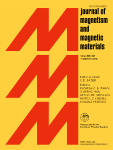
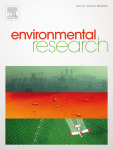
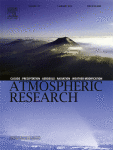 This version of Hurricane Isaac —
This version of Hurricane Isaac — 